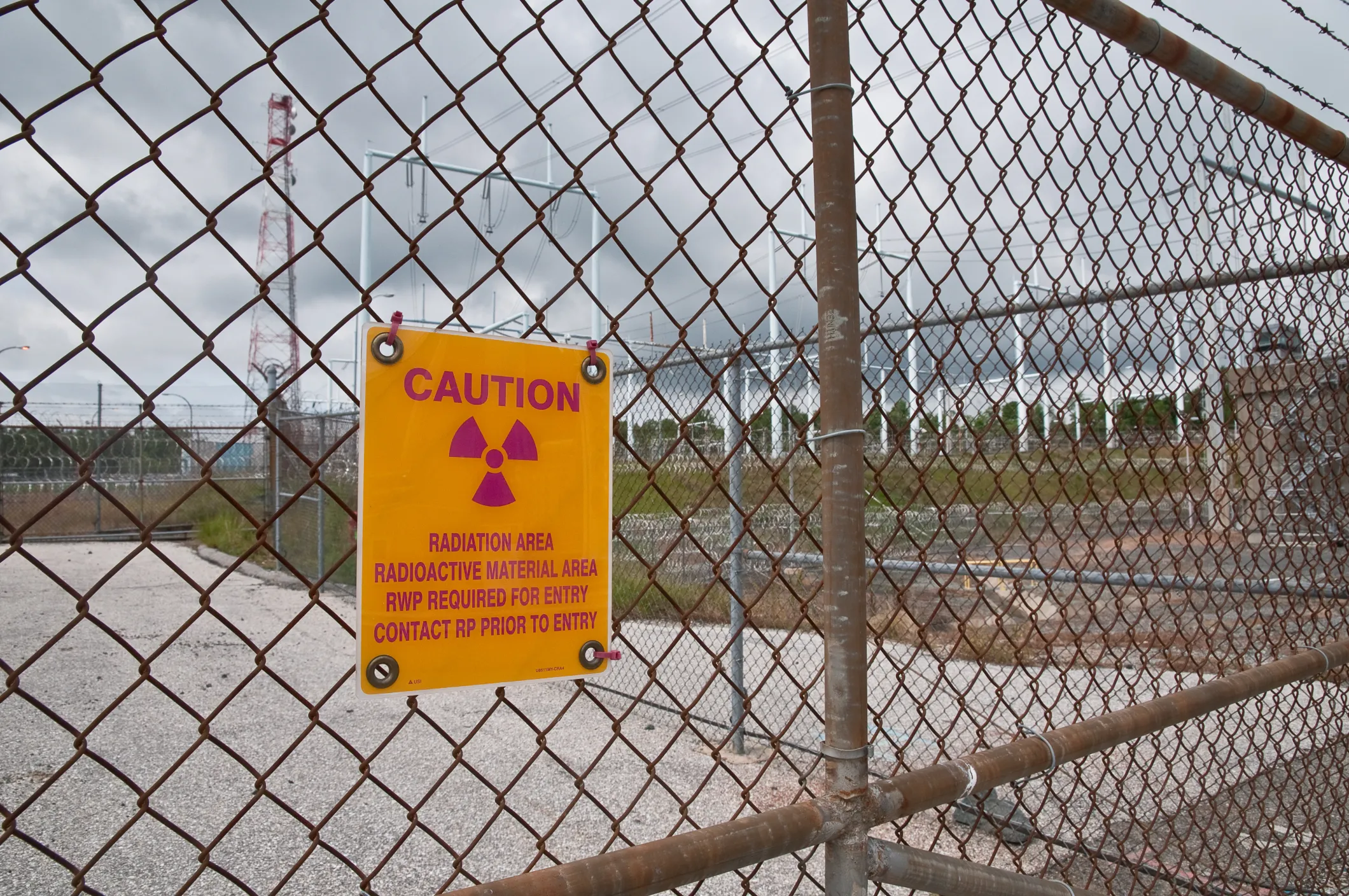
Introduction Humanity’s wars have seen a slew of instances in which installations containing dangerous forces, such as dams and dykes, became the target of military operations, and such installations were particularly damaged during the twentieth-century wars. To thwart the advance of Japanese troops, Chinese authorities blew up dams on the Yellow River in 1938. Later, […]
According to the confidential quarterly IAEA report, distributed to member states on Sept. 4 and seen by PassBlue, as of Aug. 25, Iran had stockpiled 2105.4 kilograms of low-enriched uranium, an increase of 533.8 kilograms since the previous quarterly report, in June. The nuclear deal, or Joint Comprehensive Plan of Action (JCPOA), allows Iran to […]
A ceremony was held today to mark the official opening of a state-of-the-art laboratory building, named after former International Atomic Energy Agency (IAEA) Director General Yukiya Amano, at the agency’s Seibersdorf site outside Vienna, Austria. The new facility will increase the IAEA’s capacity to assist countries in fighting and preventing transboundary animal and zoonotic diseases […]
The International Atomic Energy Agency (IAEA) is dispatching a first batch of equipment to more than 40 countries to enable them to use a nuclear-derived technique to rapidly detect the coronavirus that causes COVID-19. This emergency assistance is part of the IAEA’s response to requests for support from around 90 Member States in controlling an […]
The International Atomic Energy Agency (IAEA) will provide diagnostic kits, equipment and training in nuclear-derived detection techniques to countries asking for assistance in tackling the worldwide spread of the novel coronavirus causing COVID-19. Fourteen countries in Africa, Asia, Latin America and the Caribbean have requested assistance with the diagnostic technique, known as Real-Time Reverse Transcription […]
Sudan, a country of approximately 40 million people, is seeking to increase its installed electricity capacity to support socio-economic development, particularly in the industrial, agricultural and mining sectors. The government has projected that demand for electricity will more than double to around 8500 MWe by 2031.
Africa is hungry for energy, and nuclear power could be part of the answer for an increasing number of countries,” says Mikhail Chudakov, deputy director general and head of the Department of Nuclear Energy at the International Atomic Energy Agency (IAEA), an international organisation that promotes the peaceful use of nuclear technology.
“In my opinion, it will be difficult for the world to meet the twin challenges of securing sufficient energy and limiting the average global temperature increase to 2 degrees centigrade, in the coming decades without making more use of nuclear power,” he said. “IAEA projections show that nuclear power’s global potential up to 2050 remains […]
Chinese and U.S. nuclear experts spent a decade plotting out the Ghana operation, sharing expertise and working at each other’s labs. “No question, we were able to collaborate very, very well on the MNSR conversion,” says Ernest Moniz, CEO of the Nuclear Threat Initiative (NTI), a think tank in Washington, D.C., and former secretary of […]
